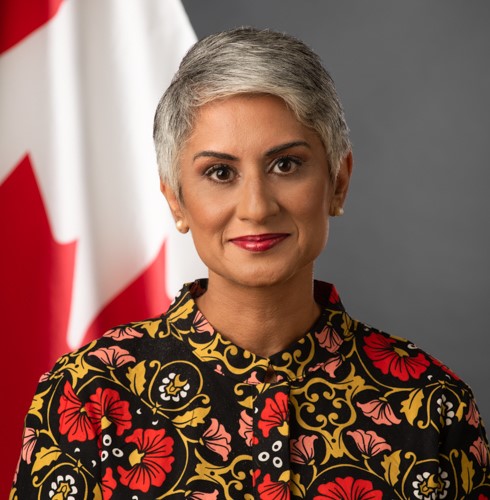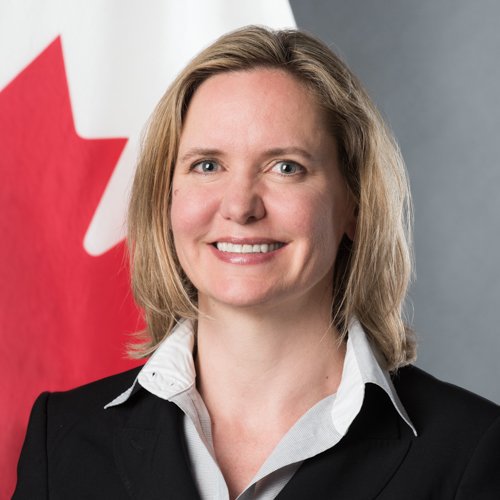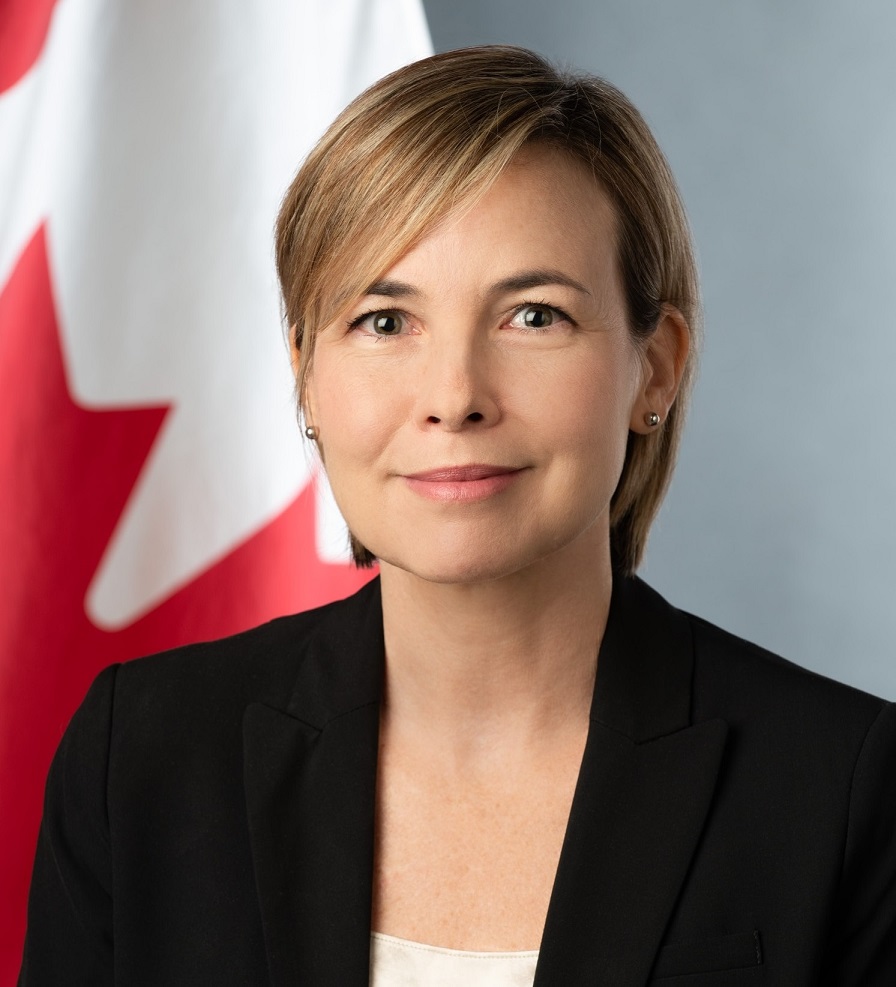Women’s diplomatic leadership: 3 women tell us their stories

We have come a long way since the first woman to represent Canada abroad, Margaret Meagher, was appointed ambassador to Israel in 1958. Now, almost 65 years later, Canada is among the countries with the greatest proportion of women occupying key leadership roles in diplomacy, having achieved gender parity in ambassadorial and senior management positions. Today, 3 of them talk to us about the diplomatic leadership of women in 抖淫视频 (GAC).
Aliya Mawani - Ambassador to Kuwait

“Basically, I chose to be a diplomat because I strongly believe that we have a much better chance of resolving conflicts when we know more about each other,” said Aliya. “The more you know about a person, the more they become human in your eyes, and the harder it is to label them and perpetuate conflict. It’s about building bridges and connections. Everyone has a story and their own background.”
Aliya has been working in the field of international relations for over 20 years. Her advice to those who want to work in field of diplomacy? First of all, have confidence in yourself. Do not underestimate your skills and talents, especially your ability to build relationships. Also, trust your instincts rather than your doubts and don't wait until you are 100% ready before taking action.
For Aliya, women bring a diversity of perspectives that is essential for informed decision-making. She is confident in the new generation’s ability to promote this diversity, as her young colleagues are proudly vocal about their opinions and do not hesitate to make their concerns known.
Sandra McCardell - Assistant Deputy Minister; Europe, Arctic, Middle East and North Africa; and GAC Women’s Champion

“My hope is that women can really take their place at the tables where decisions are made. We have all the tools we need to do that at GAC,” said Sandra. “Externally, we need to help our colleagues in other countries to ensure that their voices are heard as well. I hope that one day, we will no longer need any special mechanisms because women will have taken their rightful place.”
Currently, there are several support networks that allow women diplomats to communicate with each other. These networks allow them, as they are deployed in the four corners of the world, to share their experiences with their counterparts in other countries.
In her almost 30 years at GAC, Sandra has seen many firsts. For her, it is a given that women have their place in diplomacy. For Canada to fully present itself to the world and understand what is going on, women’s participation is essential. Her advice? “Go for it! Take your place.”
Christine Laberge - Ambassador to the Dominican Republic

“What do I like most about my job? Having the opportunity to combine my interests and the possibility of learning about the world and its different cultures all while helping to make it a better place,” said Christine. She believes in passing on knowledge and mentoring to help the next generation move forward. She advises anyone who wants to work in international relations to develop their contacts and get involved in different networks so as to make themselves known.
Christine is one of the 4 initiators of GAC’s Be Her Ambassador program. This employee-led initiative aims to foster an organizational culture that recognizes, encourages and inspires women to achieve gender balance in leadership positions.
Because certain obstacles still exist for women working in diplomacy, including work-life balance, Christine is actively involved in making a change. Her goal is to break down the remaining barriers that prevent women from pursuing a career in this field, in which there is a place for a wider range of voices.
To these 3 inspiring women who are paving the way for the next generation of women in diplomacy, we say thank you!
- Date modified: